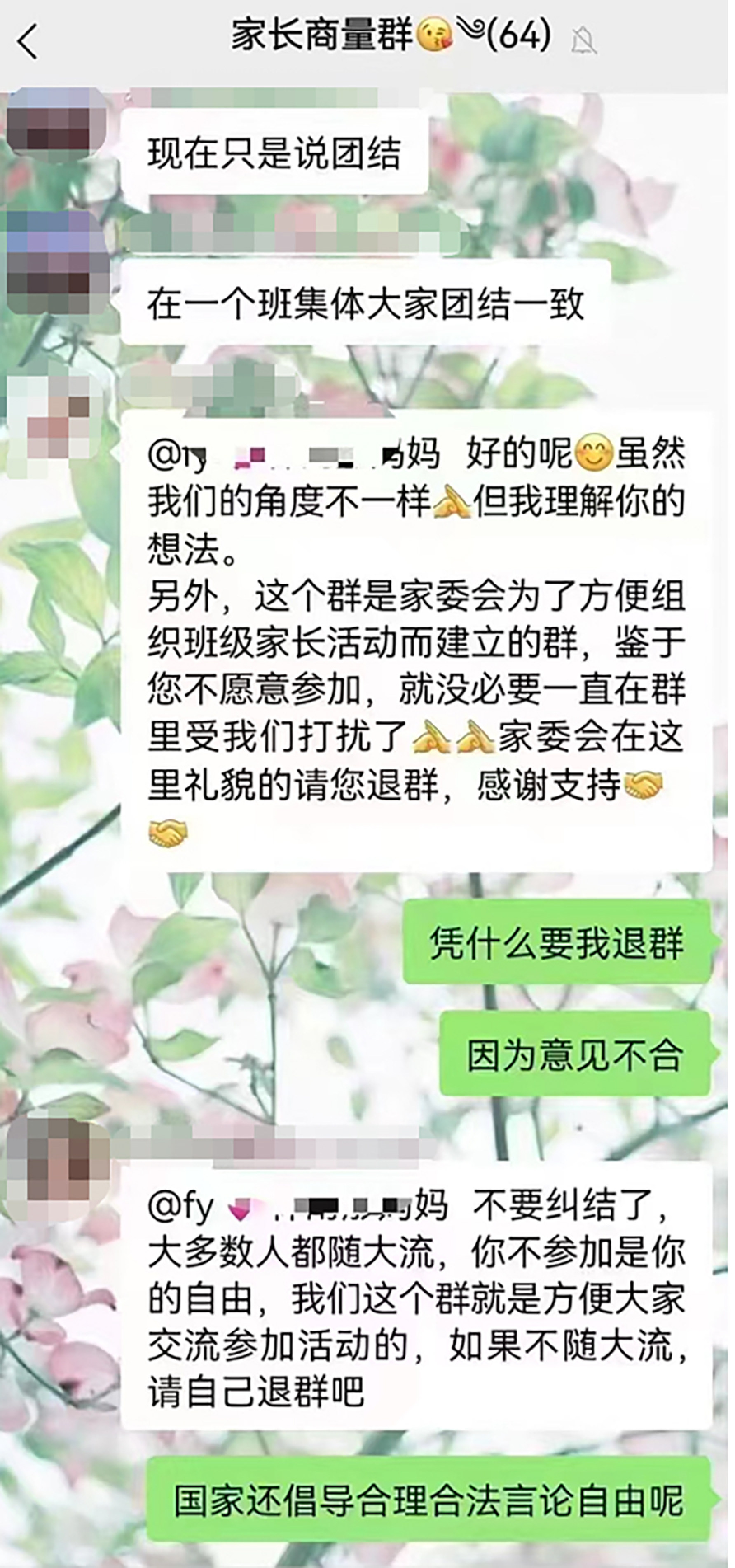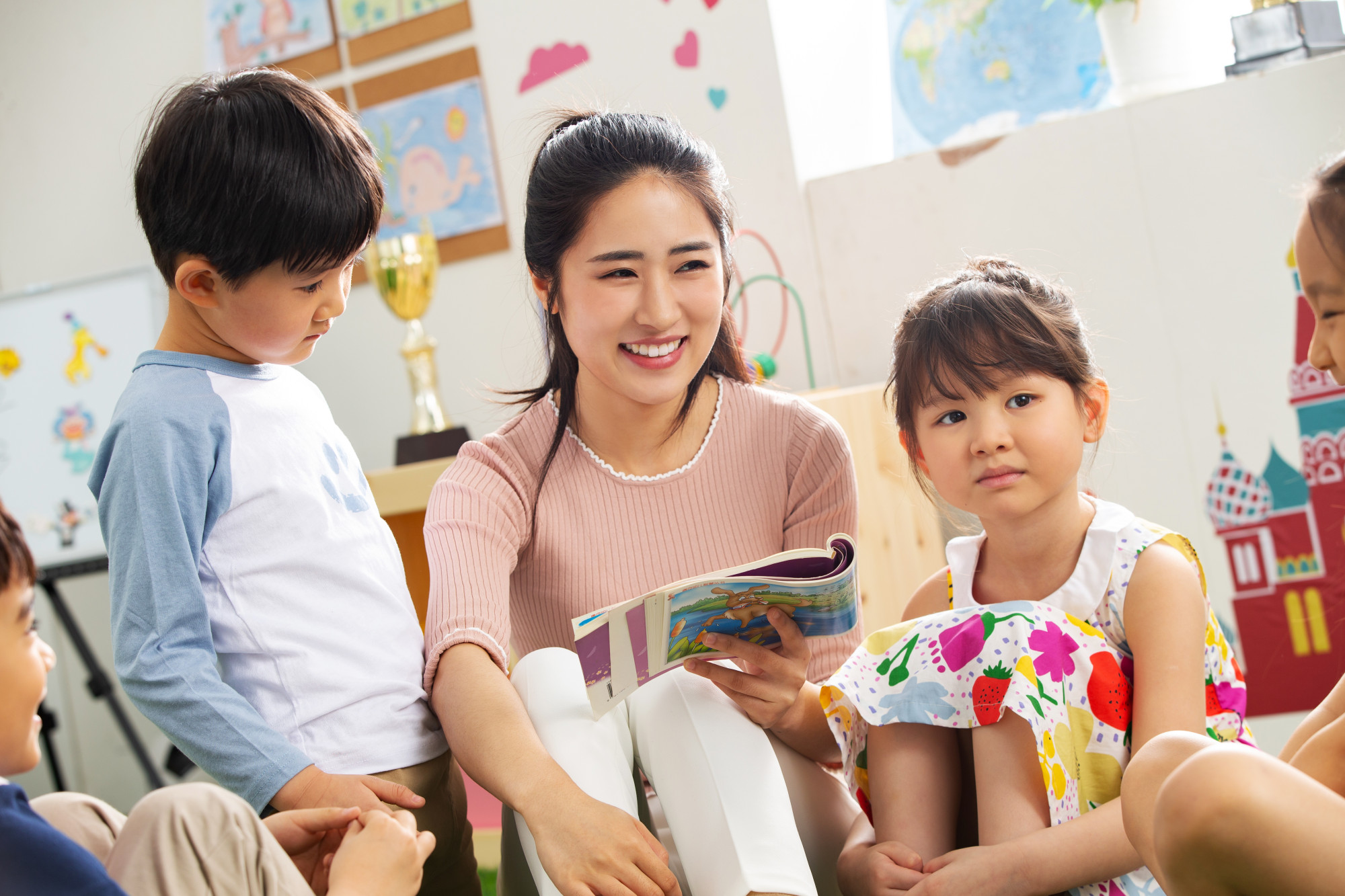
Don’t butter up teachers: Chinese parents warned (again) not to give lavish gifts in attempt to end expensive tradition and likely bribes
- A mother in China has rejected an entrenched tradition of parents giving gifts to their children’s teachers and says she was ostracised as a result
- Education authorities have issued calls for restraint as well, as many consider lavish gifts to amount to bribes for grades and extra help
At the start of September every year, the most frequently asked question by parents in China is: “What do you plan to give to your kid’s teachers for Teacher’s Day?”
As this year’s Teacher’s Day approaches this Saturday, parents have been warned not to shower teachers with gifts, after a mother from the Guangxi Zhuang autonomous region in southern China who refused to participate made the headlines.
The education bureau in Liuzhou city in the region issued an open letter on Wednesday urging parents not to bribe teachers under the guise of festival celebration, as the Teacher’s Day coincides with the Mid-Autumn Festival this year.
“Please don’t send cash gifts or any other gifts to teachers under any circumstance. Set a good example of incorruptibility and self-discipline for the children,” the bureau’s letter said.

The behaviour can “damage the clean school-family relationship”, the bureau added and said it welcomed tip-offs about excessive gifts so it could investigate.
The bureau’s plea came after the mother who spoke out against lavish gifts complained online that she felt isolated by other parents because of her refusal to follow suit.
The mother said she was kicked out of a parents’ group chat after she refused to contribute towards three skincare sets costing more than 2,200 yuan (US$315) for three of her child’s teachers, local newspaper Nan Guo Jin Bao reported on Tuesday.
The unnamed woman said on WeChat that she was regarded as a “rebellious” parent because she never agreed with other parents’ proposals to jointly buy gifts for her daughter’s teachers in the past. She said because it was wrong.
“Most people would follow the trend. It’s your right not to. We’re here to discuss how to contribute, so please leave if you don’t follow us,” she was told by one other parent and a screenshot of the group chat she shared revealed this.
Her story has renewed debate about the long-standing tradition of sending expensive gifts to teachers.
Sherry Chen, a mother of two primary schoolchildren in Shanghai, told the South China Morning Post that she didn’t like the custom but had already bought a lot of cosmetics for each of her children’s teachers in advance.

“Last year, I prepared nothing and my kids came back home with sad faces because they were embarrassed that the entire class brought gifts except for them,” she said. “I just don’t want my children to feel ashamed again.”
But Lily Wang, another mother from Tianjin, northeastern China, said this mentality is perpetuating the practice. “Only when there are more parents like the Liuzhou mother can we finally be freed from such an annoying trend. So if you want change, please start with yourself,” she told the Post.
In an attempt to curb corruption among teachers, China’s Ministry of Education banned them from accepting presents from parents or attending banquets or entertainment activities held by them back in 2014.
But over the years, the phenomenon has persisted, if not worsened, as parental anxiety over students’ academic performance increased and many believed extra help from teachers would make a significant difference to their children’s performance.
The gifts can vary from prepaid cards to high-end snacks, with values ranging from several hundred yuan to thousands of yuan (several hundred US dollars).

